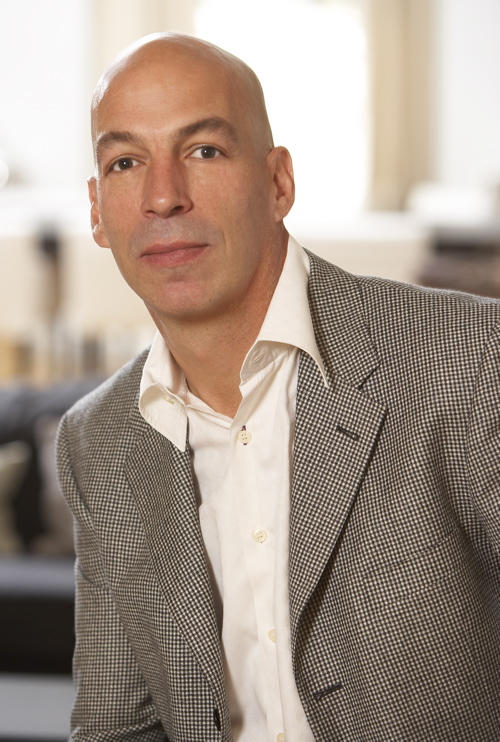Michael Warner, "Fake Publics"
Thursday, 6.00 – 7.00 p.m.
The current political crisis in the US revolves around a media crisis: Twitter rivals official communiqués, bots plant invented news stories on social media to swing elections, television networks brand themselves with rival versions of the truth, and reporters who document lies are accused of peddling “fake news.” It has become clear in retrospect that the comparatively stable public sphere of the twentieth century rested on the gatekeeping function of major newspapers and television news, a function they no longer play. Their model of broadcast-plus-feedback has come to seem archaic. Social media, especially Facebook, have introduced new structuring principles in public discourse, having to do with their own architecture and profit model. The media infrastructure by which publics come into existence has fractured. In other respects, though, the combat of representation has been a condition of the public sphere from its emergence in the early eighteenth century, the very notion of the public has always been an imaginary, and publics have always been more plural than anyone wanted to admit. In this talk I will take a long view of media infrastructures as grounds from which to project publics, to ask what might have changed as well as what features of the public sphere might simply be newly exposed.
Michael Warner is Seymour H. Knox Professor of English at Yale University. He received his Ph.D. from Johns Hopkins and taught at Northwestern and Rutgers before going to Yale, where he served as chair of the department of English. His books include Publics and Counterpublics (2002); The Trouble with Normal (1999); and The Letters of the Republic: Publication and the Public Sphere in Eighteenth-Century America (1990). With Craig Calhoun and Jonathan VanAntwerpen, he has edited Varieties of Secularism in a Secular Age (2010). He is also the editor of The Portable Walt Whitman (2003); American Sermons (1999); The English Literatures of America (with Myra Jehlen); and Fear of a Queer Planet: Queer Politics and Social Theory (1993).

